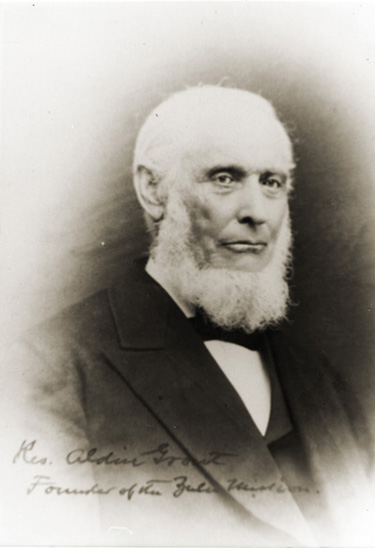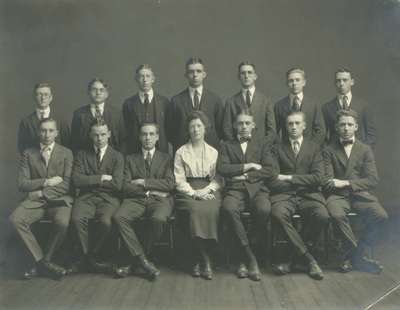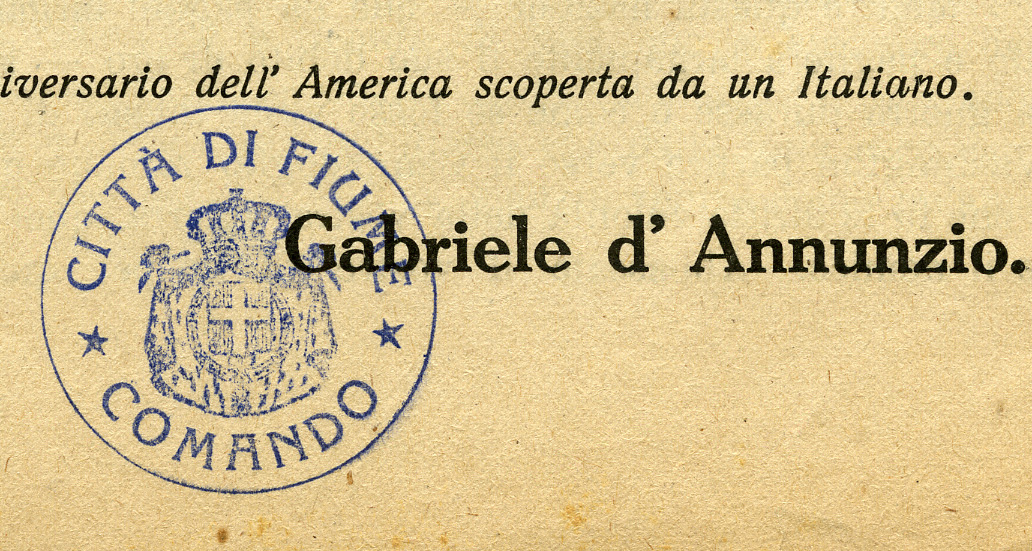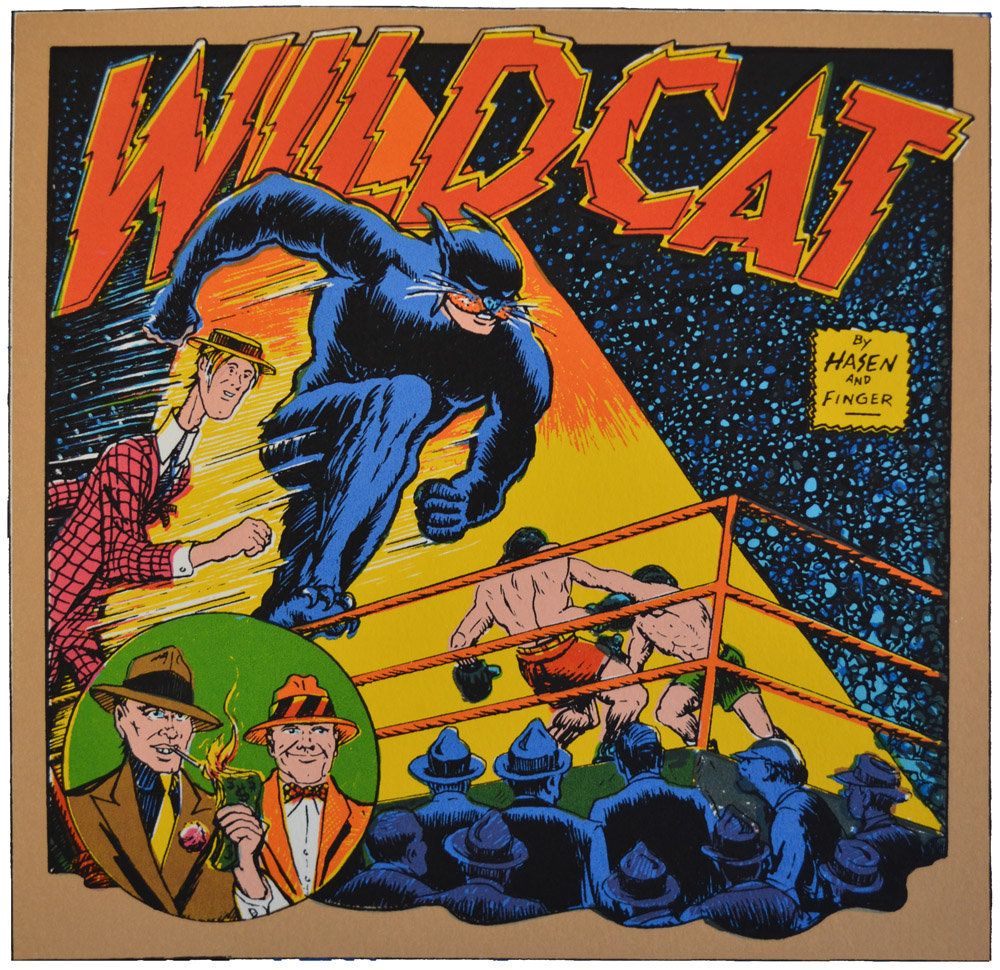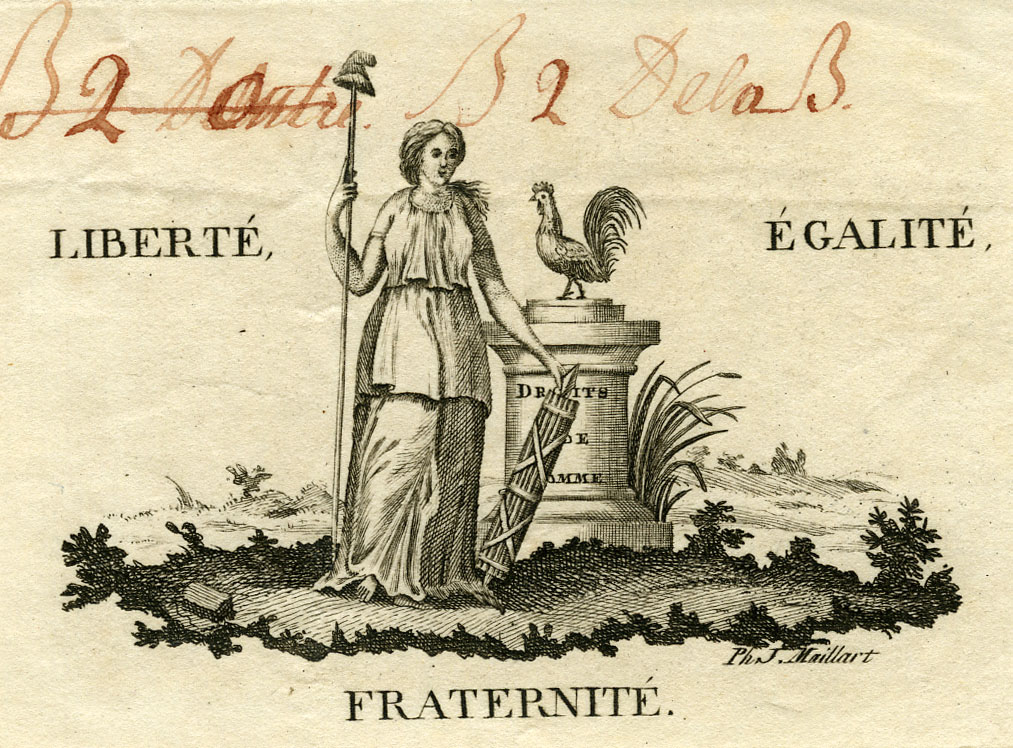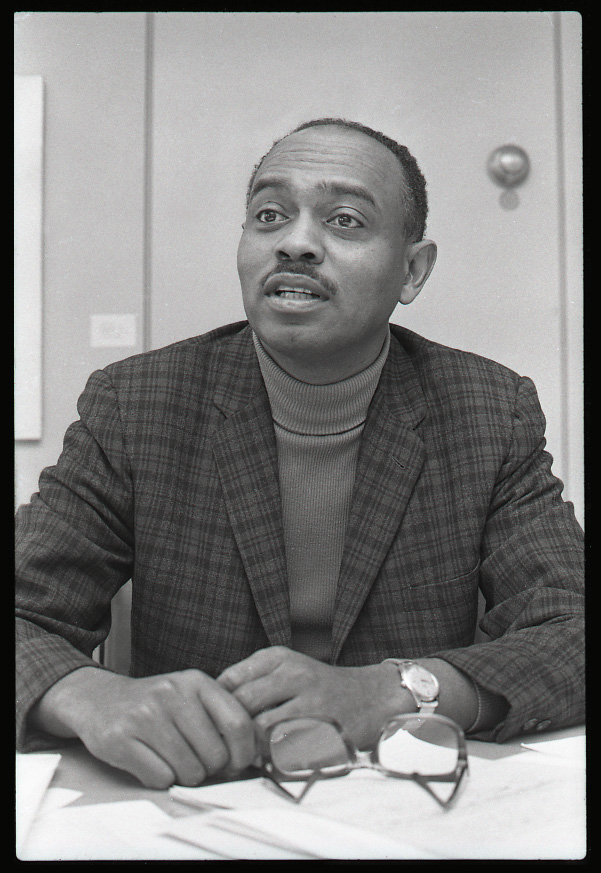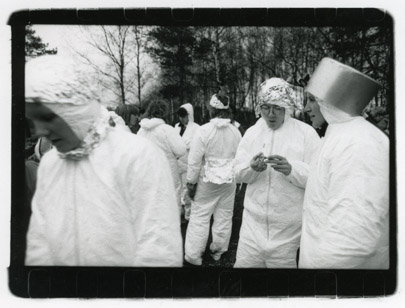Jodi Picoult Papers

Novelist Jodi Picoult is known for taking on compelling social and ethical issues and weaving them into the works of fiction that have won her a devoted readership. From her first novel, Songs of the Humpback Whale (1992), to her recent bestseller The Storyteller (2013), Picoult has grappled with a range of topics: fractured families, eugenics, school violence, teen suicide, spouse abuse, a child’s legal rights, childhood cancer, gay rights, the death penalty, war criminals, vengeance, justice, faith, the value of life. To Picoult, a passionate researcher, no issue is simple. Through her characters and her stories she engages the complications, considering provocative questions from different angles. Born in 1966, Picoult graduated from Princeton, where she majored in creative writing, and Harvard, where she earned her M.Ed. She and her husband have three grown children and live in Hanover, N.H.
The Jodi Picoult Papers, richly documenting the author’s work process, include research files for Picoult’s novels—correspondence, notes, manuscript pages, and other background material—as well as some drafts, editorial correspondence, clippings, publicity material, early stories, and student material. Also in Special Collections is a comprehensive collection of Picoult’s publications, including the novels in American and foreign-language editions.

